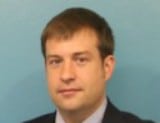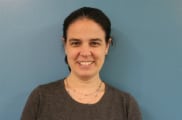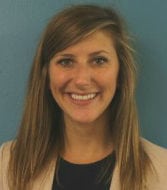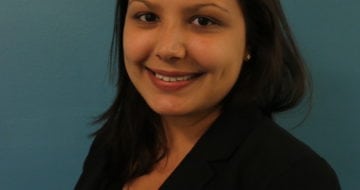With the holiday season behind us and a new year ahead, it’s time to think about what 2015 has in store for education policymakers, practitioners, and researchers. Listed below are three trends that we foresee playing key roles in the collective policy conversation this year:
1. The Value of Work
Education linked to job training will become even more important in 2015. With predictions of most jobs requiring a degree beyond a high school diploma by 2020, employers and educators will have good reason to collaborate and ensure that young people are equipping themselves with the skills to become a successful adult. We predict increased attention to programs that closely integrate education and employability skills, provide opportunities for youth to gain work experience, and a renewed effort to match education standards to employer needs.
2. Recognizing Unique Needs of Special Populations
AYPF has long been committed to bringing attention to the “forgotten half,” and court-involved youth, homeless students, and young people transitioning out of the foster care system will be populations that we will continue to focus on in 2015. As we realize that meeting future labor needs will mean that ALL our students are college and career-ready, we predict more policy focus and discussion about disconnected, disabled, or dropout youth. In October 2014, The District of Columbia opened a Reengagement Center that not only attempts to engage disconnected youth and get them back on track to earn their high school diplomas, but also addresses the slew of problems associated with dropouts, such as childcare, housing, and transportation. There’s also evidence that attention to these groups has been building at the federal level, with the July 2014 signing of the Workforce Innovation and Opportunity Act, which includes an increased focus on out-of-school youth funding and dropout recovery efforts.
3. Personalization of Learning
Recent research shows promising results for programs that allow students to take a more active role in their learning. Schools that build curricula around the students’ interests and goals and allow them to take an active role in their education are showing higher graduation rates and higher student and parent satisfaction rates. We expect more schools and districts to examine different personalized learning models in the coming year.
These are the some of the topics that we think will help shape the coming year in education policy. What are your predictions?
George Knowles is the Web Communications Associate at the American Youth Policy Forum.







